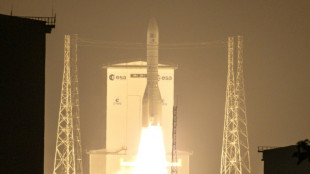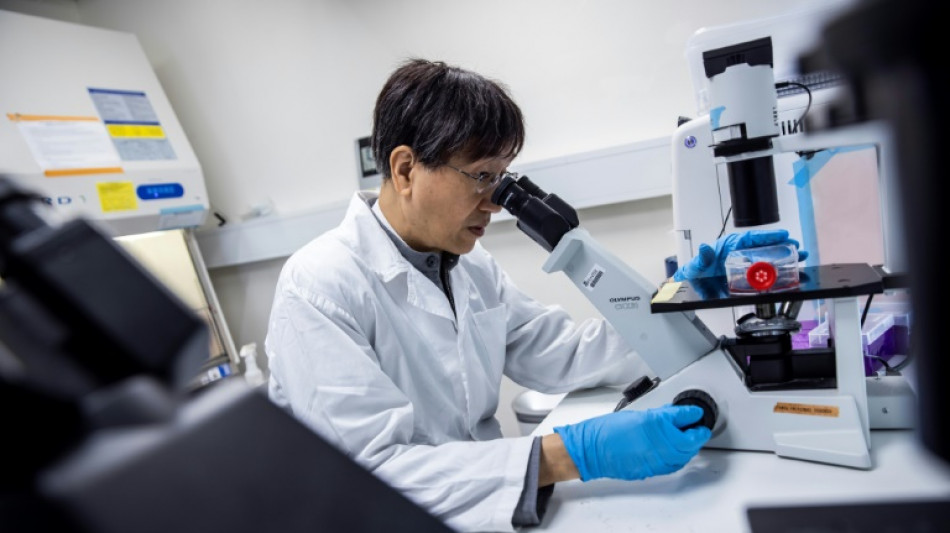
-
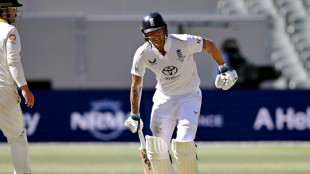 England vow to keep 'fighting and scrapping' as Ashes slip away
England vow to keep 'fighting and scrapping' as Ashes slip away
-
'Never enough': Conway leans on McKenzie wisdom in epic 300 stand
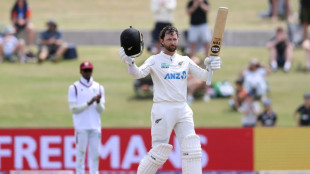
-
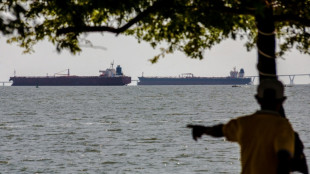 Most Asian markets track Wall St lower as AI fears mount
Most Asian markets track Wall St lower as AI fears mount
-
Cambodia says Thailand bombs casino hub on border
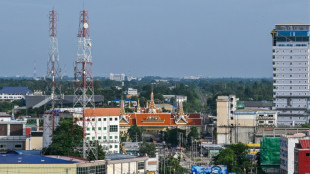
-
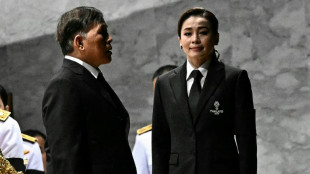 Thai queen wins SEA Games gold in sailing
Thai queen wins SEA Games gold in sailing
-
England Ashes dreams on life-support as Australia rip through batting
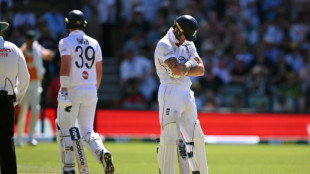
-
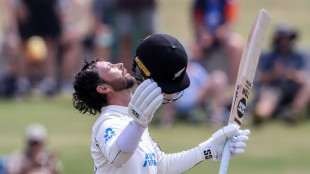 Masterful Conway, Latham in 323 opening stand as West Indies wilt
Masterful Conway, Latham in 323 opening stand as West Indies wilt
-
Danish 'ghetto' tenants hope for EU discrimination win
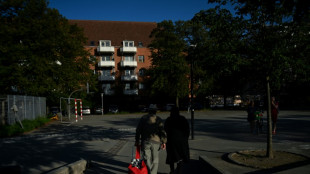
-
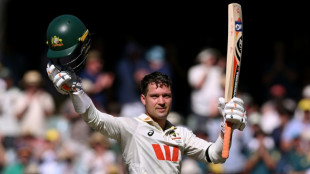 Cricket Australia boss slams technology as Snicko confusion continues
Cricket Australia boss slams technology as Snicko confusion continues
-
Conway and Latham's 323-run opening stand batters hapless West Indies
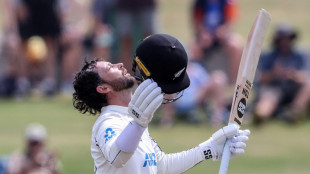
-
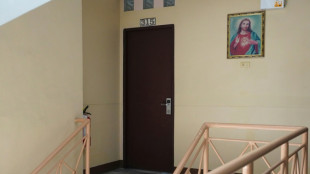 Alleged Bondi shooters holed up in hotel for most of Philippines visit
Alleged Bondi shooters holed up in hotel for most of Philippines visit
-
Japan govt sued over 'unconstitutional' climate inaction
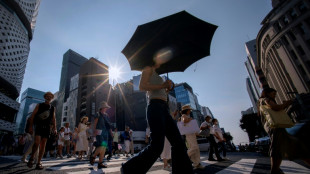
-
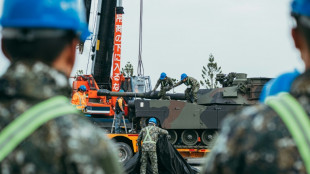 US approves $11 billion in arms sales to Taiwan: Taipei
US approves $11 billion in arms sales to Taiwan: Taipei
-
England battle to save Ashes as Australia rip through top-order
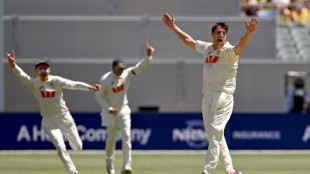
-
 Guarded and formal: Pope Leo XIV sets different tone
Guarded and formal: Pope Leo XIV sets different tone
-
What to know about the EU-Mercosur deal
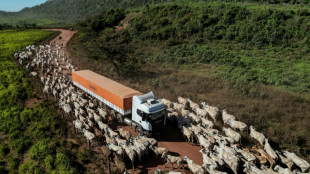
-
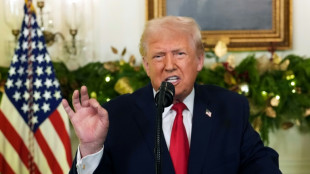 Trump vows economic boom, blames Biden in address to nation
Trump vows economic boom, blames Biden in address to nation
-
Conway 120 as New Zealand in command at 216-0 against West Indies
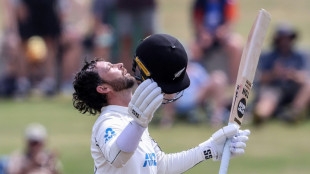
-
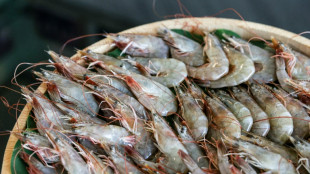 Taiwan eyes fresh diplomatic ties with Honduras
Taiwan eyes fresh diplomatic ties with Honduras
-
ECB set to hold rates but debate swirls over future
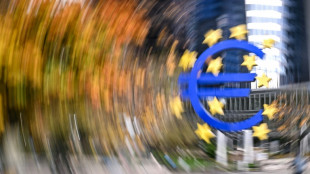
-
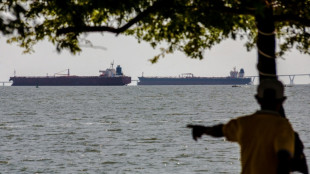 Asian markets track Wall St lower as AI fears mount
Asian markets track Wall St lower as AI fears mount
-
EU holds crunch summit on Russian asset plan for Ukraine
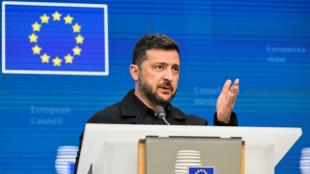
-
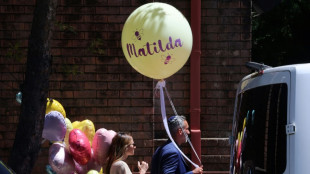 Australia PM vows to stamp out hatred as nation mourns youngest Bondi Beach victim
Australia PM vows to stamp out hatred as nation mourns youngest Bondi Beach victim
-
Australian PM vows hate speech crackdown after Bondi Beach attack
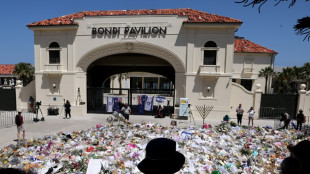
-
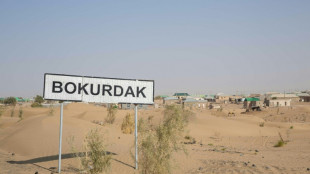 Turkmenistan's battle against desert sand
Turkmenistan's battle against desert sand
-
Ukraine's Zelensky in Poland for first meeting with nationalist president
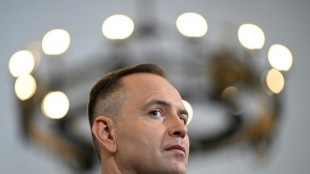
-
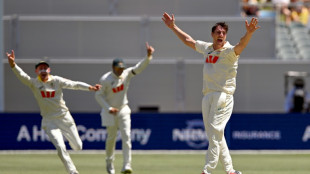 England in disarray at 59-3 in crunch Test as Lyon, Cummins pounce
England in disarray at 59-3 in crunch Test as Lyon, Cummins pounce
-
Japan faces lawsuit over 'unconstitutional' climate inaction
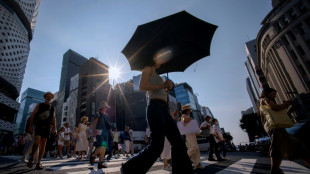
-
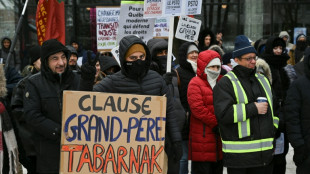 Migrants forced to leave Canada after policy change feel 'betrayed'
Migrants forced to leave Canada after policy change feel 'betrayed'
-
What's next for Venezuela under the US oil blockade?
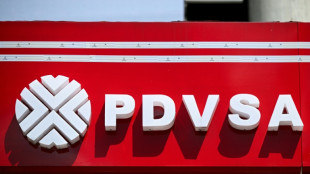
-
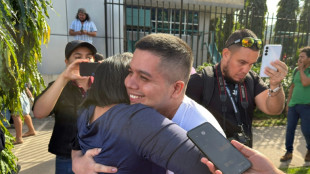 Salvadorans freed with conditional sentence for Bukele protest
Salvadorans freed with conditional sentence for Bukele protest
-
Brazil Congress passes bill to cut Bolsonaro prison term
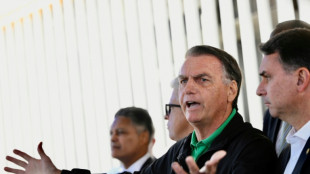
-
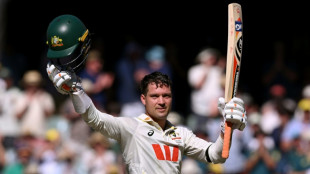 Cricket Australia boss slams technology 'howler' in Ashes Test
Cricket Australia boss slams technology 'howler' in Ashes Test
-
New Zealand 83-0 at lunch on day one of third West Indies Test
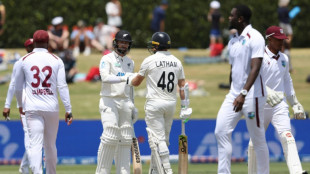
-
 Ecuadorean footballer Mario Pineida shot and killed
Ecuadorean footballer Mario Pineida shot and killed
-
US government admits liability in deadly DC air collision
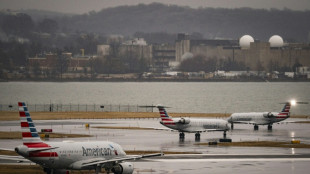
-
 Hemogenyx Pharmaceuticals PLC - Issue of Equity
Hemogenyx Pharmaceuticals PLC - Issue of Equity
-
SolePursuit Capital Syndicate Establishes Strategic Coordination Office and Appoints Laurence Kingsley as Head
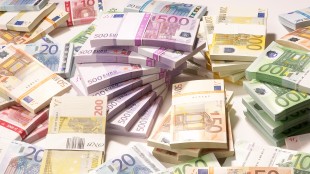
-
 1933 Industries Announces Maturity of Unsecured Convertible Debentures and Encourages Conversion to Support Continued Growth
1933 Industries Announces Maturity of Unsecured Convertible Debentures and Encourages Conversion to Support Continued Growth
-
Ex-podcaster Dan Bongino stepping down as deputy FBI director
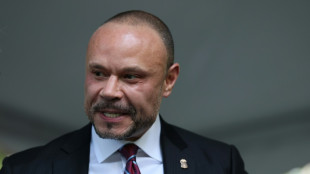
-
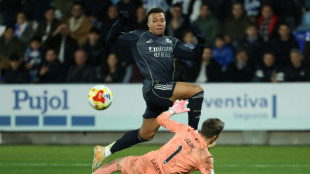 Real Madrid scrape past third-tier Talavera in Spanish Cup
Real Madrid scrape past third-tier Talavera in Spanish Cup
-
Hunt for US college mass shooter drags into fifth day
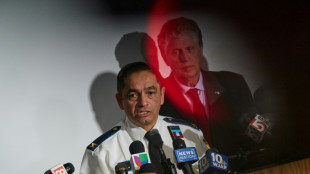
-
 Cherki inspires Man City, Newcastle strike late to reach League Cup semis
Cherki inspires Man City, Newcastle strike late to reach League Cup semis
-
Barcelona, Lyon and Chelsea reach Women's Champions League quarters
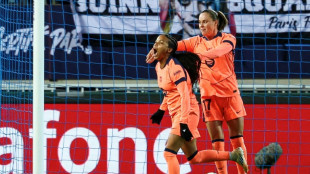
-
 Venezuela reacts defiantly to US oil blockade, claims exports unaffected
Venezuela reacts defiantly to US oil blockade, claims exports unaffected
-
Nasdaq tumbles on renewed angst over AI building boom
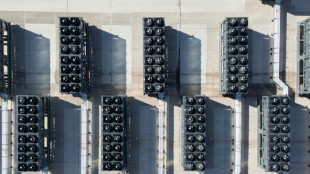
-
 S.Africa expels Kenyans working on US Afrikaner 'refugee' applications
S.Africa expels Kenyans working on US Afrikaner 'refugee' applications
-
US Congress ends Syria sanctions
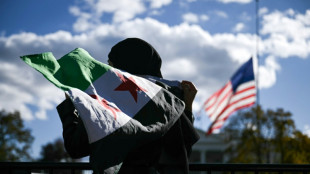
-
 Cherki inspires Man City cruise into League Cup semis
Cherki inspires Man City cruise into League Cup semis
-
Billionaire Trump nominee confirmed to lead NASA amid Moon race
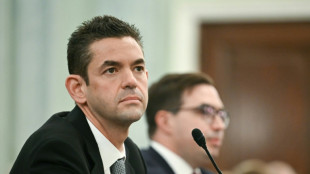
| SCS | 0.12% | 16.14 | $ | |
| RYCEF | 1.48% | 14.86 | $ | |
| CMSC | -0.34% | 23.26 | $ | |
| RBGPF | -2.23% | 80.22 | $ | |
| RIO | 1.55% | 77.19 | $ | |
| VOD | 0.86% | 12.81 | $ | |
| NGG | 1.8% | 77.16 | $ | |
| GSK | -0.14% | 48.71 | $ | |
| BCE | -0.78% | 23.15 | $ | |
| BCC | 0.59% | 76.29 | $ | |
| AZN | -1.66% | 89.86 | $ | |
| JRI | -0.6% | 13.43 | $ | |
| CMSD | -0.43% | 23.28 | $ | |
| BTI | -0.21% | 57.17 | $ | |
| RELX | -0.64% | 40.56 | $ | |
| BP | 2.06% | 34.47 | $ |

'Hong Kong's Dr Fauci' sounds alarm on next pandemic
Hong Kong microbiologist Yuen Kwok-yung has done battle with some of the world's worst threats, including the SARS virus he helped isolate and identify. And he has a warning.
Another pandemic is inevitable and could exact damage far worse than Covid-19, according to the soft-spoken scientist sometimes thought of as Hong Kong's answer to top US health expert Anthony Fauci.
"Both the public and (world) leaders must admit that another pandemic will come, and probably sooner than you anticipate," he told AFP at the city's Queen Mary Hospital, where he works and teaches.
"Why I make such a horrifying prediction is because you can see clearly that the geopolitical, economic, and climatic changes are changing so rapidly," he told AFP.
Politicians must "come to their senses" and solve "global existential threats," he warns in his new autobiography "My Life in Medicine: A Hong Kong Journey".
While world leaders are more focused on "national or regional interests", Yuen said a rapidly changing climate coupled with emerging infectious diseases should be a top priority.
"This is something so important that we should not ignore."
- Humble background -
Yuen is a globally recognised authority on coronaviruses and infectious diseases, but he came from humble beginnings.
Born in Hong Kong in the late 1950s, he grew up in a 60-square-foot subdivided flat with his parents and three brothers.
Since graduating from medical school in 1981, he has worked in the city's public hospitals, where doctors are paid far less than in the private sector.
It was in 2003 when he leapt into the public consciousness, after he and his team successfully isolated and identified severe acute respiratory syndrome, better known as SARS.
It was a vital step towards testing, diagnosing and treating the disease, which emerged in southern China and Hong Kong before spreading globally.
The virus killed nearly 300 people in the city in just two months, a toll second only to mainland China.
That experience informed Yuen's approach to the Covid-19 pandemic, which ripped through Hong Kong due to lax vaccination, particularly among the elderly.
"We benefited from the 20 years of study that followed the SARS outbreak," he wrote in his book.
"Until factors beyond our ability to stop or overcome -- fear, ignorance, poor messaging, and deliberate misinformation -- the measures were effective" in buying Hong Kong time until the vaccines were developed.
In the end, despite tough lockdown measures and lengthy quarantines, Hong Kong recorded some three million infections -- about half its population -- and more than 13,800 deaths from Covid-19.
It was a frenetic time for Yuen, who became a familiar face as the government's go-to expert and penned more than 100 peer-reviewed studies on the virus.
It also put him in a delicate position on several occasions, including when his call to lift restrictions in 2022 was rejected when the city stayed aligned with China's zero-Covid doctrine of closed borders and quarantines.
The self-described medical "detective" also faced complaints that put his license at risk after he described the seafood market in China's Wuhan -- where the first cluster of coronavirus cases was detected -- as a "crime scene".
- 'Transparent investigation' -
Today, Yuen chooses his words carefully and avoids political subjects, but he maintains that understanding the origins of Covid-19 is key.
It is "important to properly do an investigation in a very open, transparent manner" so lessons can be learned for future pandemic prevention, he said.
The World Health Organization has called on China to be more transparent about the pandemic's origins, without making any firm conclusions on the source.
Last year, Yuen set up the Pandemic Research Alliance with peers in mainland China and the United States to share information and research on future threats.
"It is a bad idea to stop or inhibit these exchanges because it protects everyone," he said.
"If we do not talk about it... then another pandemic comes, we have to pay a huge price again."
C.Garcia--AMWN
